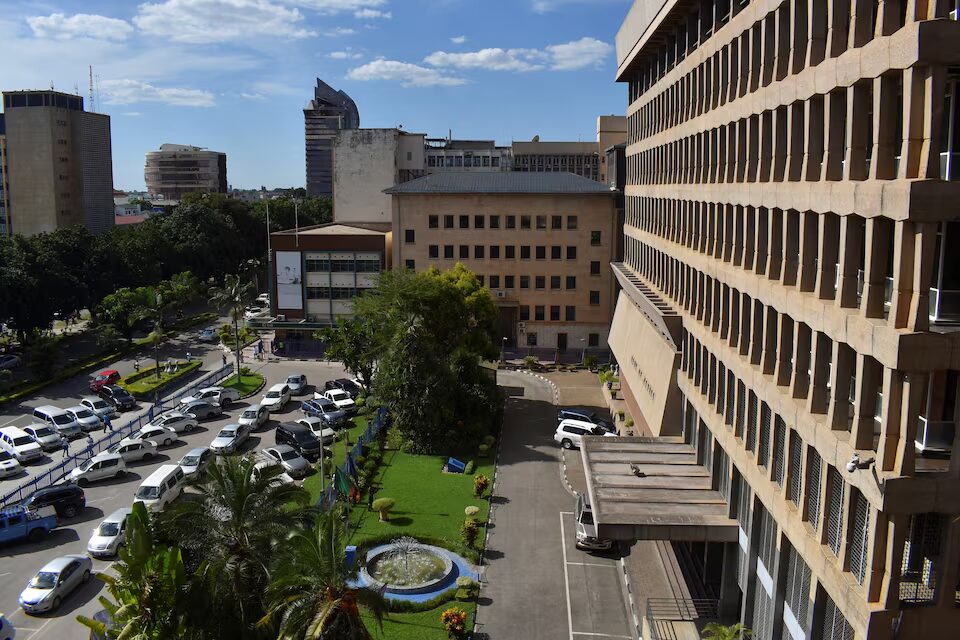
Tuesday 20th May 2025

By inAfrika Reporter
DJIBOUTI – In the drought-prone northern regions of Djibouti, rural women are rewriting their future thanks to a regional initiative supported by the African Development Bank (AfDB) and the Intergovernmental Authority on Development (IGAD). Through the Africa Climate Change Fund (ACCF), the project is boosting food security, climate resilience, and women’s economic participation in villages like Kalaf and Dafenaytou.
For women like Assia Obakar Hassan, the change has been life-altering. “Before, farming was an unattainable dream. Today, I feed my children from the land,” she said. Her words speak to the broader transformation made possible by this initiative, which delivers more than just agricultural inputs it restores dignity and opportunity.
The project introduces practical tools such as vegetable gardens, drought-resistant seeds, forage plots, and simple irrigation systems tailored for dry climates. These resources are accompanied by training in sustainable farming techniques, enabling women to turn previously barren land into productive farms. “We had no right to land, no equipment, and no training. Today, everything has changed,” said Fatouma Ali Aden, a mother of three. “Our children eat fresh vegetables, and we are no longer dependent on food imports.”
Each participating household now manages its own plot, creating a ripple effect of empowerment. “Thanks to these gardens, we’ve regained our autonomy,” noted Djilani Ali Ahmed, a local community leader. “Women manage their own production and income and contribute directly to our village economy.”
One of the most notable impacts of the project has been its transformation of local governance. In Dafenaytou, an agricultural cooperative with over 70 members now operates under a gender-inclusive model: half the board members are women. “Women are no longer just workers; they are decision-makers,” said Ali Kamil Mohamed, head of the cooperative. “Their leadership has brought a practical perspective that improves every stage of our work.” This participatory governance model ensures that community needs shape project decisions enhancing sustainability and local buy-in.
The benefits of the project stretch far beyond farming. Improved nutrition, economic stability, and education outcomes have all been observed. “Now we have a steady supply of grass for our animals, vegetables for meals, and even a small surplus to sell,” said Mohamed Soumbourouh Ibiro. “It’s a source of pride and security.” Local schools have also reported progress. Girls’ attendance has improved as many are now freed from time-consuming chores like fetching water or foraging for food. The added stability has enhanced concentration in class and improved learning outcomes.
The initiative is closely aligned with one of the AfDB’s five strategic priorities: “Improve the quality of life for the people of Africa.” It supports climate adaptation, food security, and gender equality three critical challenges facing the Horn of Africa. “As climate change intensifies, this project has shown that transformation is possible,” said Assia Obakar Hassan. “With just a little help, we can rebuild our villages, nourish our families, and protect our future.”
Kalaf and Dafenaytou are now examples of how targeted development projects can unlock human potential in even the most challenging environments. More than a farming initiative, this is a story of restored confidence and collective resilience proof that, in the words of the community, “The land is life.”


